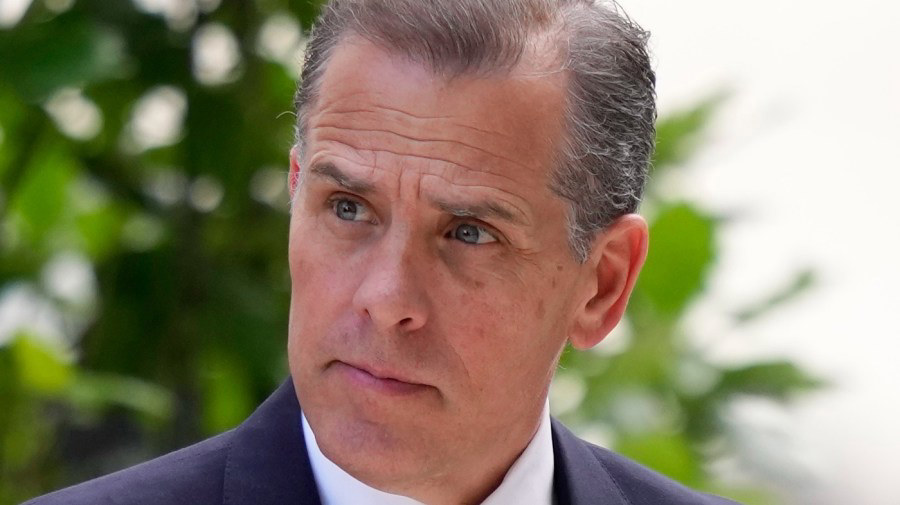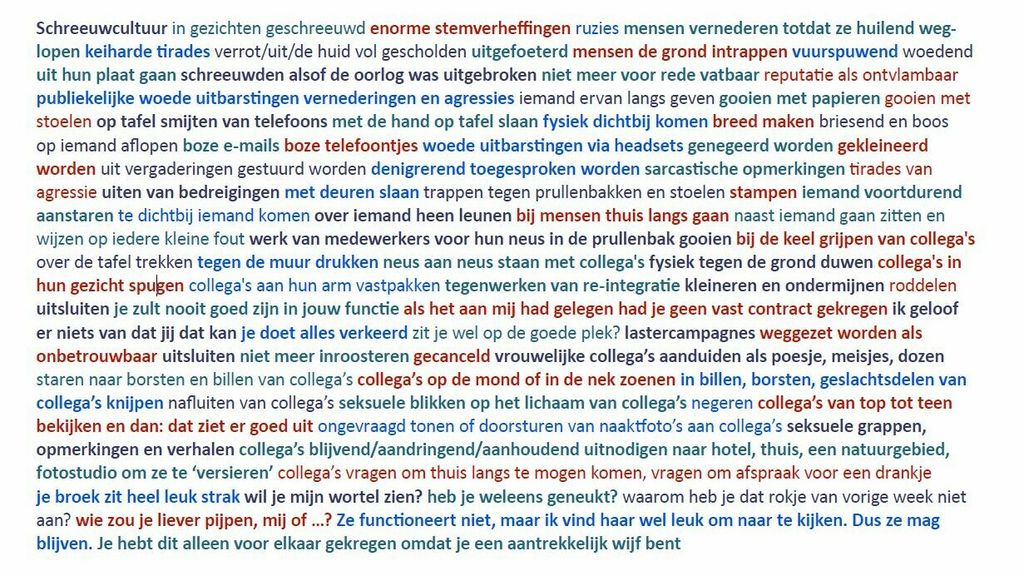The Wild West Of Presidential Pardons: Trump's Second Term In Focus

Table of Contents
The Scope of Presidential Pardon Power
The authority to grant pardons is enshrined in Article II, Section 2, Clause 1 of the U.S. ### Constitutional Basis
This clause grants the president the power to "grant Reprieves and Pardons for Offenses against the United States, except in Cases of Impeachment." This broad wording has led to differing interpretations throughout history, fueling ongoing legal and political controversies surrounding presidential pardons. Landmark Supreme Court cases, such as Ex parte Grossman (1921), have helped to clarify aspects of the pardon power, but its full extent remains a subject of debate.
Historical Precedents
Throughout U.S. history, presidents have wielded the pardon power in various ways. Some uses have been widely lauded, while others have sparked significant controversy.
-
Examples of significant pardons granted by previous presidents: President Gerald Ford's pardon of Richard Nixon remains one of the most debated pardons in history. Conversely, President Jimmy Carter's wide-ranging pardons for Vietnam War draft evaders were largely seen as an act of national reconciliation.
-
Legal limitations on the pardon power: Importantly, the pardon power does not extend to impeachment, meaning a president cannot pardon themselves or others for federal crimes related to impeachment proceedings.
-
Differing interpretations of the pardon power's scope over time: The interpretation of the pardon power’s scope has evolved over time, particularly regarding its application to both federal and state crimes and whether it can be used for political purposes.
Trump's First Term Pardon Practices
Donald Trump's use of presidential pardons during his first term was unprecedented in both its frequency and its perceived lack of adherence to traditional norms.
Key Pardons and Commutations
Several high-profile pardons granted during Trump's first term generated intense media attention and legal scrutiny. These included pardons for individuals convicted of crimes related to the Whitewater scandal, Roger Stone (a long-time political associate), and several individuals convicted of war crimes. The rationale behind many of these decisions was frequently unclear or contested, leading to accusations of political favoritism.
Criticisms and Legal Challenges
Trump's pardon practices faced widespread criticism from legal experts and the public. Accusations included:
-
Political favoritism: Many observers felt that the pardons disproportionately benefited Trump's allies and supporters.
-
Obstruction of justice: Some pardons were interpreted as potential attempts to obstruct ongoing investigations or shield individuals from accountability.
-
List of significant pardons from Trump's first term (with brief descriptions): A comprehensive list detailing each pardon, its recipient, the associated crime, and the stated rationale (if any) would be appropriate here. Linking to relevant news articles and legal documents would strengthen this section's SEO.
-
Summary of the criticisms and controversies surrounding each pardon: A detailed analysis of the controversy surrounding each key pardon would enhance this section's informative value.
Predicting Trump's Second Term Pardon Strategy (Hypothetical)
Had Trump served a second term, his pardon practices likely would have continued to generate significant debate.
Potential Targets
Based on his past actions and alliances, speculation suggests that a hypothetical second term might have included pardons for individuals involved in various ongoing investigations, those facing prosecution for actions related to the Trump administration, and perhaps, even those implicated in attempts to overturn the 2020 election.
Political Implications
The political ramifications of such hypothetical pardons could have been substantial, impacting:
-
Future elections: Pardons could have influenced future electoral outcomes by shielding individuals from prosecution or bolstering their political careers.
-
Ongoing investigations: Pardons could have hampered or shut down ongoing investigations, raising concerns about accountability and transparency.
-
List of potential pardon recipients, categorized by their relationship to Trump: This section would benefit from a thoughtful list categorizing potential recipients, illustrating the range of potential pardons.
-
Analysis of the potential political consequences of each hypothetical pardon: A detailed exploration of the potential political ripple effect of each hypothetical pardon would increase the article's relevance.
The Legal and Ethical Debates Surrounding Presidential Pardons
The use of presidential pardons inevitably raises profound legal and ethical questions.
Abuse of Power Concerns
The potential for abuse of the pardon power is a central concern. The lack of transparency and the possibility of using pardons for purely political purposes undermines the integrity of the justice system and erodes public trust.
Reforming the Pardon Process
Numerous proposals exist for reforming the presidential pardon process. Some suggestions include:
-
Greater oversight: Establishing independent review boards to evaluate pardon applications.
-
Public input: Implementing mechanisms for public input and comment on pardon requests.
-
Clearer guidelines: Defining stricter guidelines for pardon eligibility to reduce the potential for political influence.
-
Arguments for and against stricter regulations on presidential pardons: This section requires a balanced presentation of both sides of this important debate.
-
Proposals for reform, including greater oversight or public input: Detailed explanations of specific proposals for reform would add depth and value.
Conclusion
The debate surrounding presidential pardons, especially those potentially granted by Donald Trump, remains a crucial topic for discussion. Trump's first-term practices highlighted the inherent controversy surrounding the use of this powerful executive tool and the potential for its abuse. While a second term remains hypothetical, analyzing potential scenarios provides crucial insight into the ongoing tension between executive power and the principles of justice and accountability. The "wild west" of presidential pardons demands continued scrutiny, reform, and public engagement. Continue the conversation and share your thoughts on the wild west of presidential pardons.

Featured Posts
-
 Fentanyl And China Accountability And The Price Of Inaction
May 15, 2025
Fentanyl And China Accountability And The Price Of Inaction
May 15, 2025 -
 Rapportage En Aanpak Van Grensoverschrijdend Gedrag Bij De Npo
May 15, 2025
Rapportage En Aanpak Van Grensoverschrijdend Gedrag Bij De Npo
May 15, 2025 -
 Whats Preventing The Top 10 Nba Teams From Winning
May 15, 2025
Whats Preventing The Top 10 Nba Teams From Winning
May 15, 2025 -
 Taylor Wards Grand Slam Angels Upset Padres In 9th Inning
May 15, 2025
Taylor Wards Grand Slam Angels Upset Padres In 9th Inning
May 15, 2025 -
 Jiskefet Ontvangt Prestigieuze Ere Zilveren Nipkowschijf
May 15, 2025
Jiskefet Ontvangt Prestigieuze Ere Zilveren Nipkowschijf
May 15, 2025
